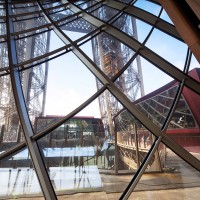
The return of the Eiffel Tower
5 January 2015
2 September 2015
Nanjing, the capital city of Jiangsu Province, hasn’t yet been a popular tourist destination as its neighbor cities Hangzhou and Suzhou, and boutique hotel is still new to the locals. The newly opened Huaji Hotel, situated at Laomengdong area, provides an alternative to visitors and is regarded as the city’s first design B&B.
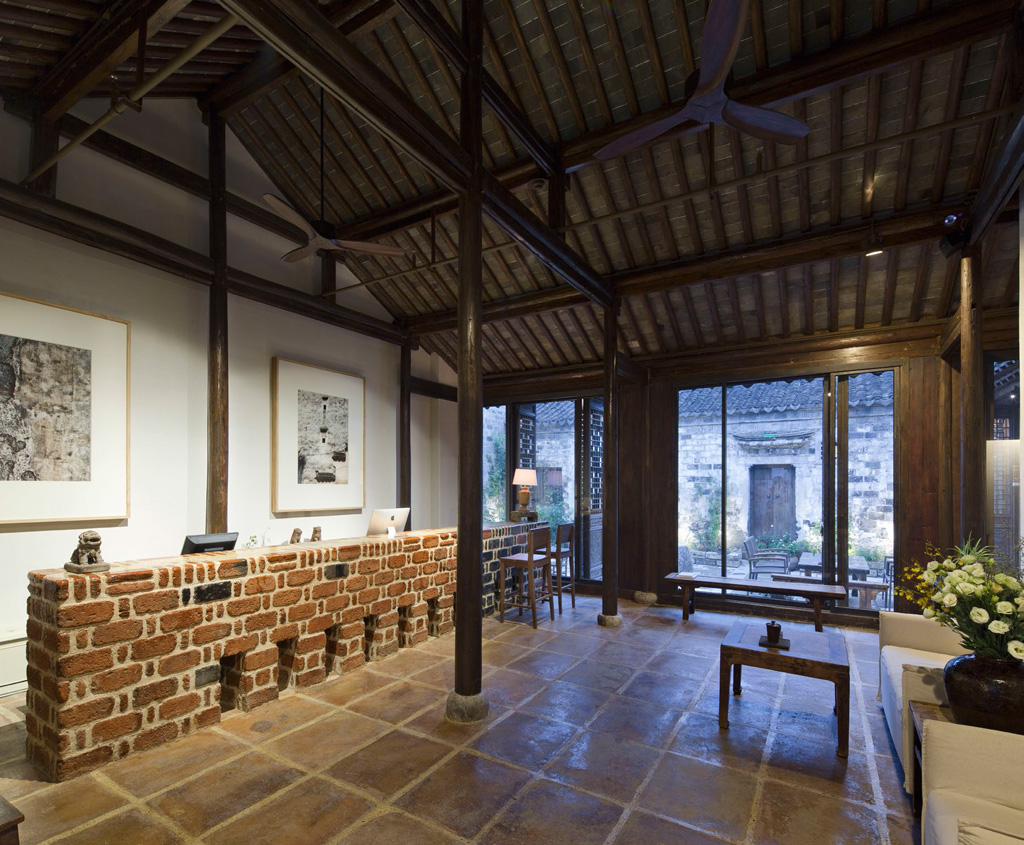
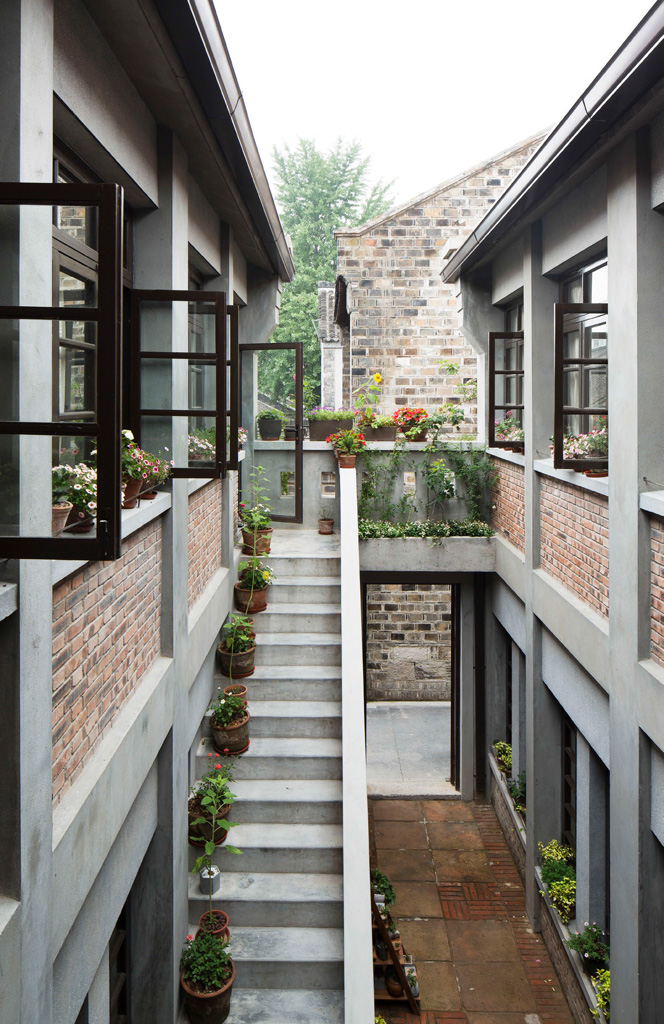
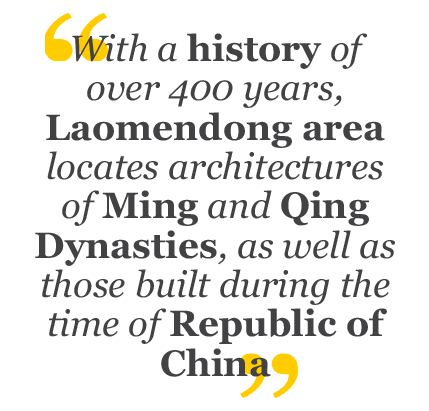
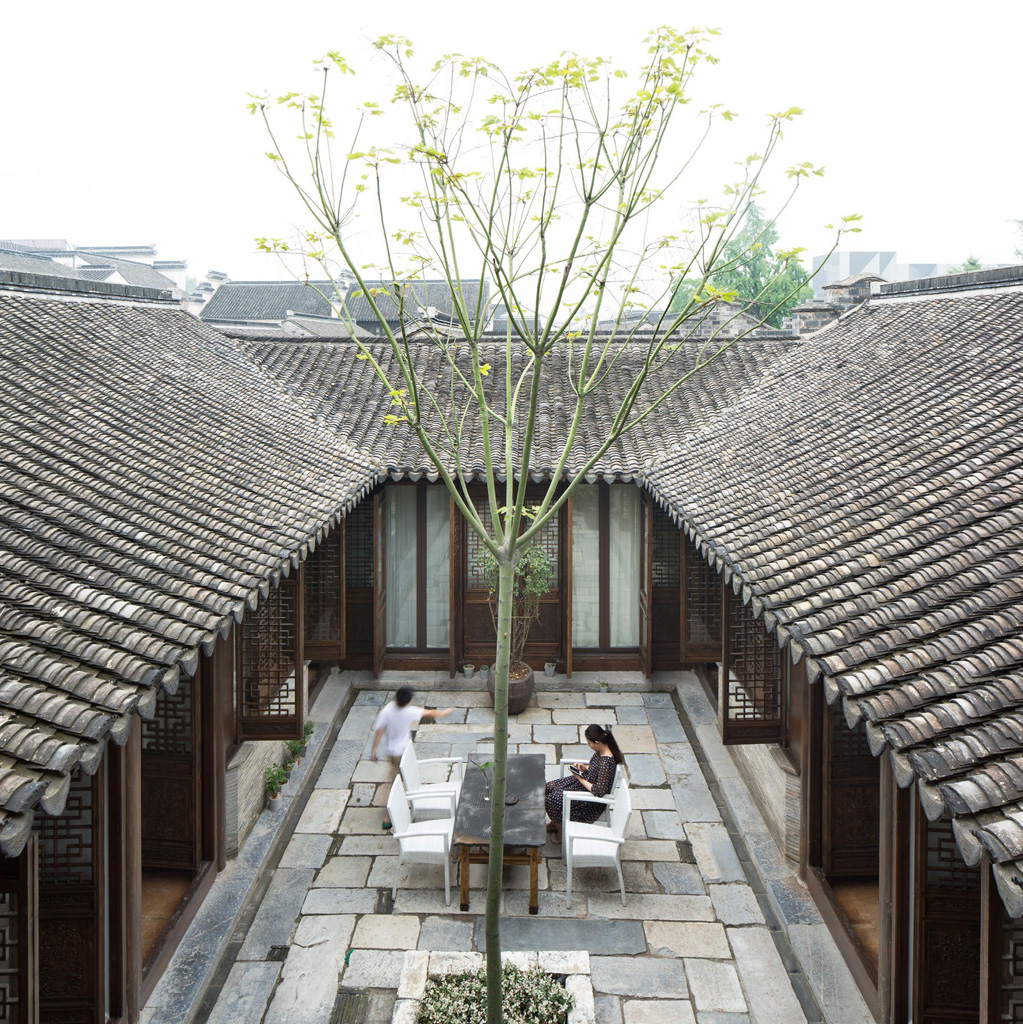
With a history of over 400 years, Laomendong area locates architectures of Ming and Qing Dynasties, as well as those built during the time of Republic of China. Witnessing the unique combination of architectures, Xi’an based architect Yu Ping, who is known for designing the Waku Teahouse chain, tries to combine the traditional Chinese architecture and the contemporary lifestyle at Huaji Hotel. Yu Ping keeps the original walls and tiles at the yard, and applies natural materials such as stones and bricks, which are usually used in outdoor architecture, to the major interior design. This not only keeps the hotel in an authentic style, but also prevents the emission from synthetic materials. Designer objects can be found everywhere in the hotel such as Zhang Lei’s paper lights in the restaurant, Shenme Design’s ceramic flower pots along with the corridor, Bentu Design’s wood alarm clock in the room.
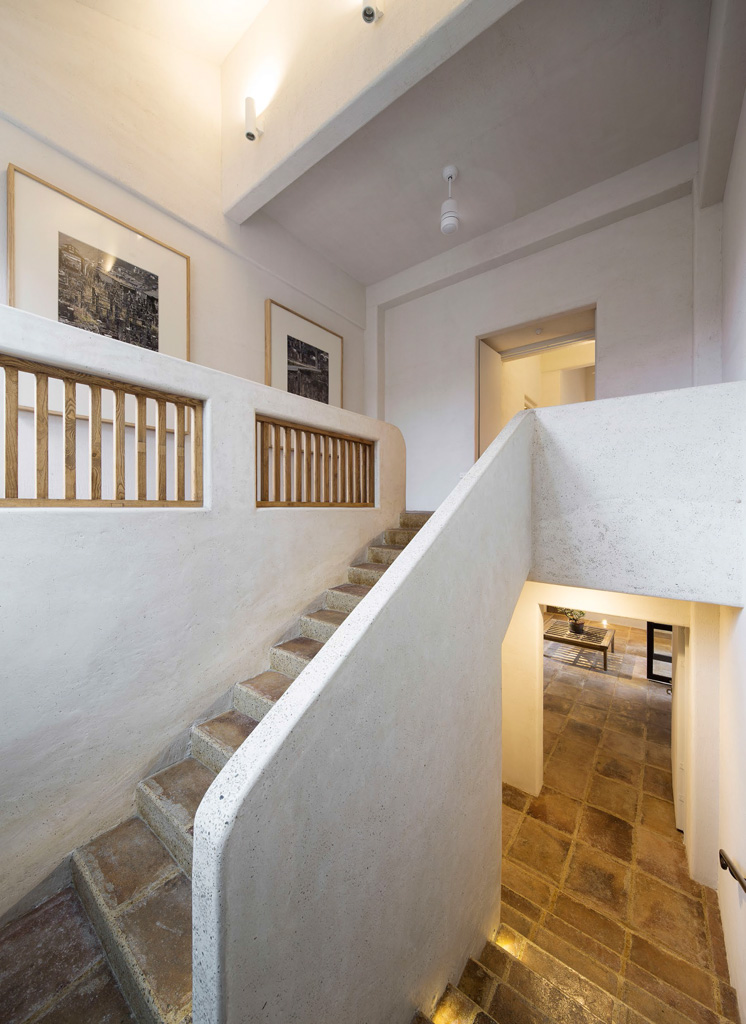
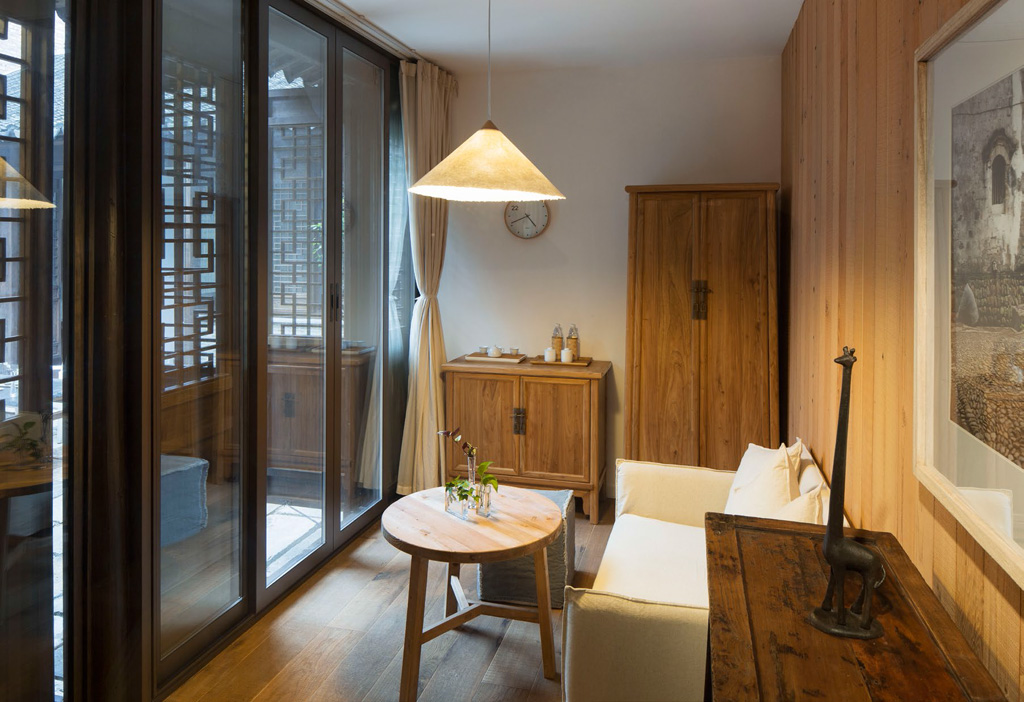
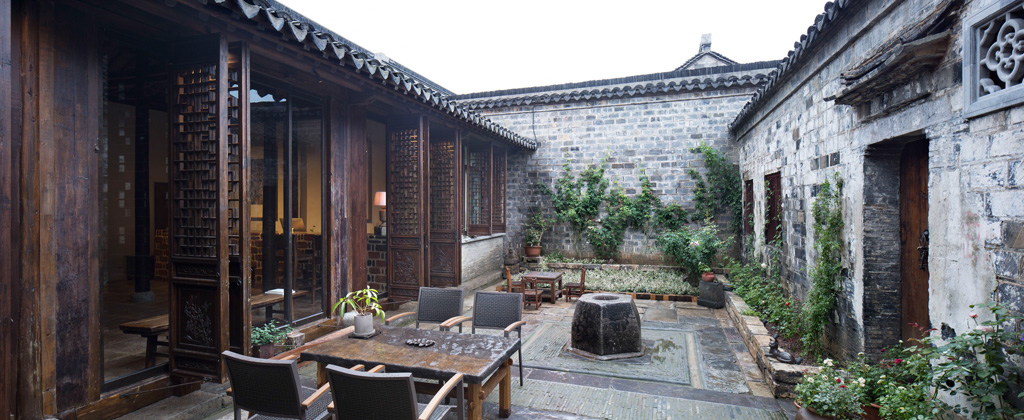
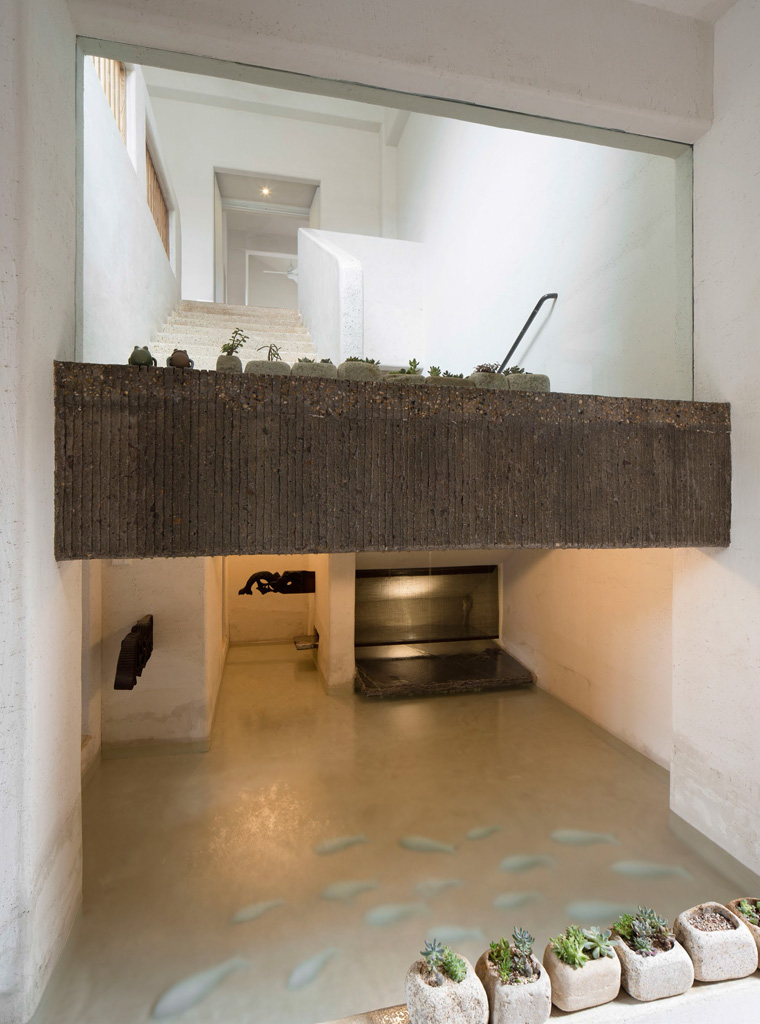
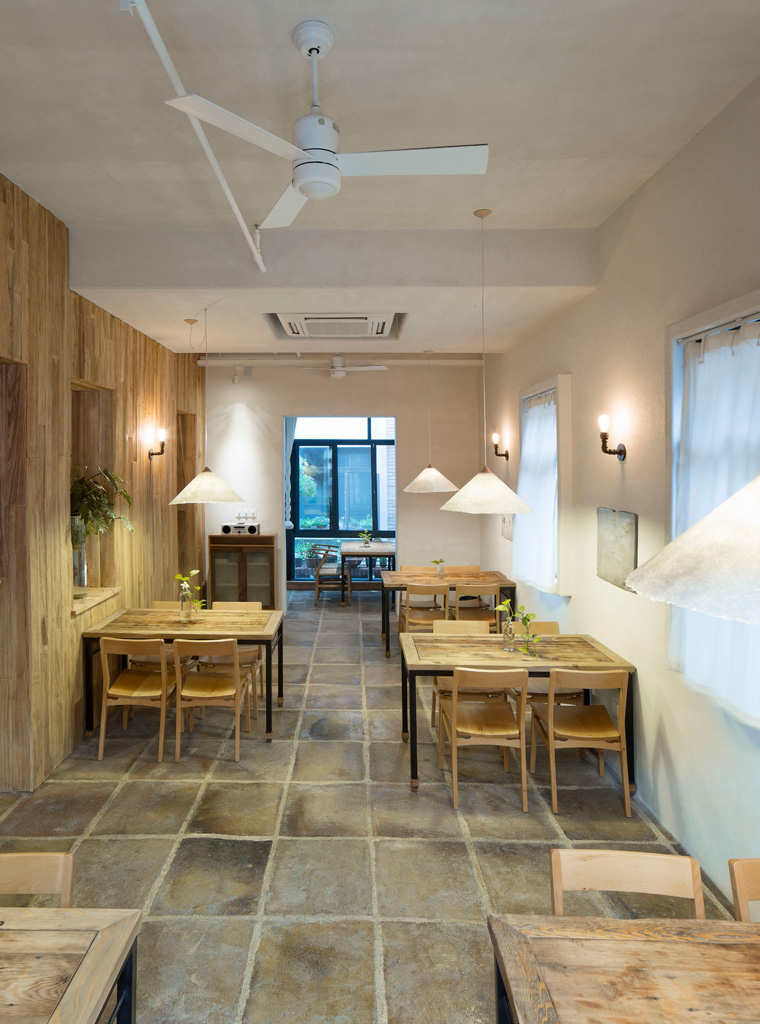

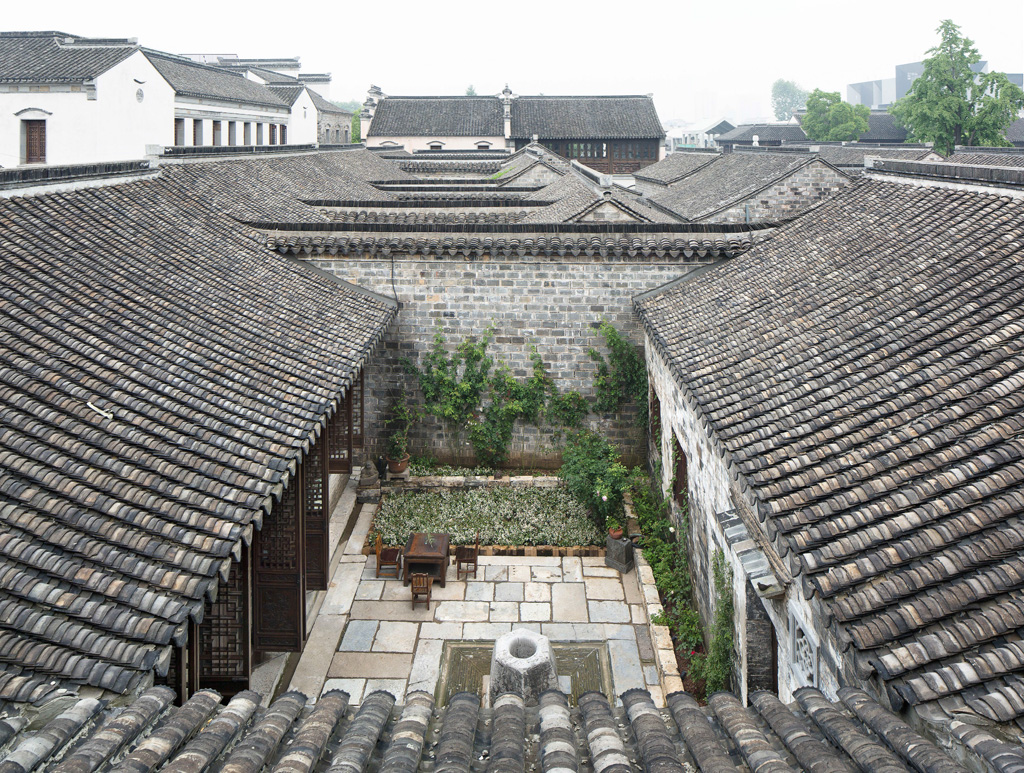
WHERE: 52 Zhongying, Laomendong, Nanjing, China
Nanjing, the capital city of Jiangsu Province, hasn’t yet been a popular tourist destination as its neighbor cities Hangzhou and Suzhou, and boutique hotel is still new to the locals. The newly opened Huaji Hotel, situated at Laomengdong area, provides an alternative to visitors and is regarded as the city’s first design B&B.
With a history of over 400 years, Laomendong area locates architectures of Ming and Qing Dynasties, as well as those built during the time of Republic of China. Witnessing the unique combination of architectures, Xi’an based architect Yu Ping, who is known for designing the Waku Teahouse chain, tries to combine the traditional Chinese architecture and the contemporary lifestyle at Huaji Hotel. Yu Ping keeps the original walls and tiles at the yard, and applies natural materials such as stones and bricks, which are usually used in outdoor architecture, to the major interior design. This not only keeps the hotel in an authentic style, but also prevents the emission from synthetic materials. Designer objects can be found everywhere in the hotel such as Zhang Lei’s paper lights in the restaurant, Shenme Design’s ceramic flower pots along with the corridor, Bentu Design’s wood alarm clock in the room.
WHERE: 52 Zhongying, Laomendong, Nanjing, China

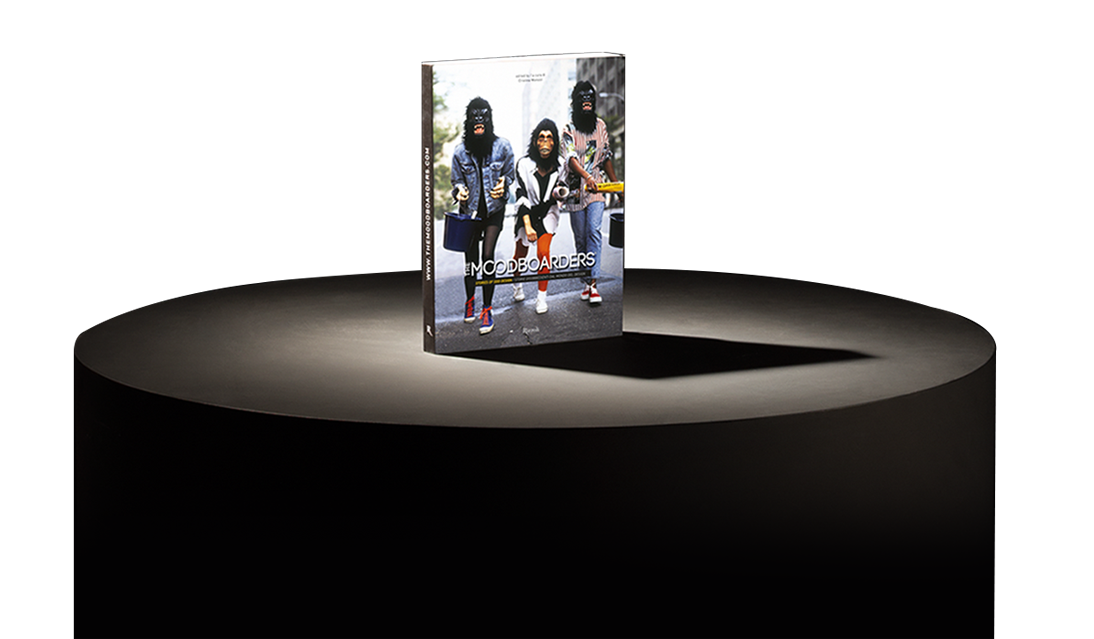

The Moodboarders is a glance into the design world, which, in all of its facets, captures the extraordinary even within the routine. It is a measure of the times. It is an antenna sensitive enough to pick-up on budding trends, emerging talents and neglected aesthetics. Instead of essays, we use brief tales to tune into the rhythm of our world. We travelled for a year without stopping, and seeing as the memory of this journey has not faded, we have chosen to edit a printed copy. We eliminated anything episodic, ephemeral or fading, maintaining a variety of articles that flow, without losing the element of surprise, the events caught taking place, and the creations having just bloomed.